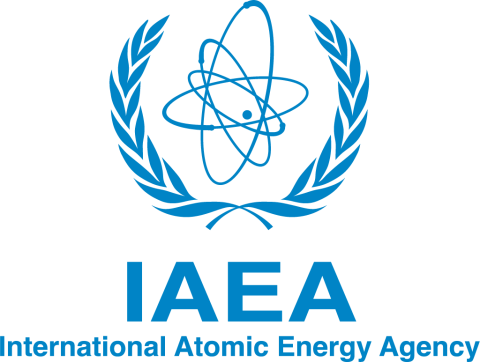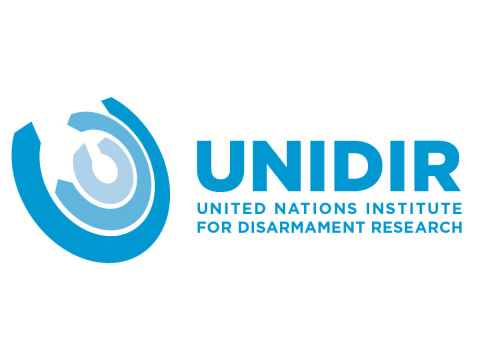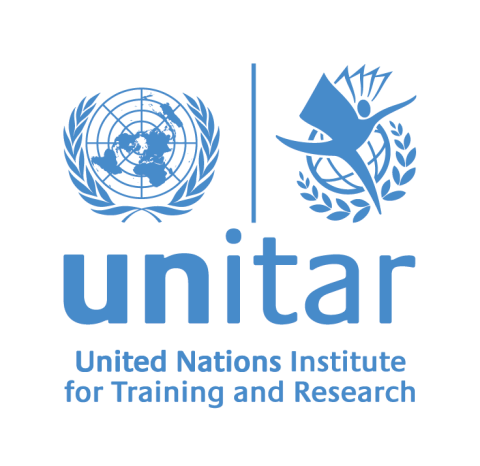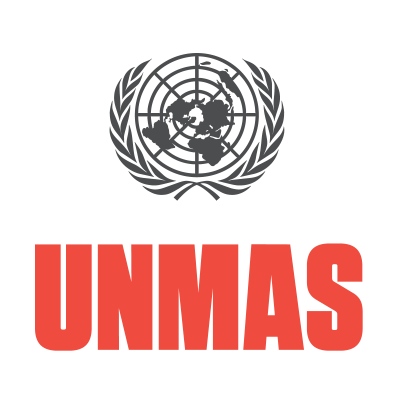
Строка навигации
- Эта страница была переведена с помощью машинного перевода. Подробнее.
Конференция по разоружению
Конференция по разоружению была создана в 1979 году как единственный многосторонний форум международного сообщества для переговоров по разоружению. Нынешний Генеральный директор Женевского отделения ООН Татьяна Валовая является также Генеральным секретарем Конференции по разоружению, а также личным представителем Генерального секретаря ООН на Конференции.
В ходе своих встреч, которые проходят три раза в год, 65 государств-членов Конференции в настоящее время уделяют особое внимание следующим темам:
- прекращение гонки ядерных вооружений и ядерное разоружение
- предотвращение ядерной войны, включая все связанные с этим вопросы
- предотвращение гонки вооружений в космическом пространстве
- эффективные международные соглашения о гарантиях государствам, не обладающим ядерным оружием, против применения или угрозы применения ядерного оружия
- новые виды оружия массового поражения и новые системы такого оружия; радиологическое оружие
- всеобъемлющая программа разоружения
- прозрачность в вооружениях
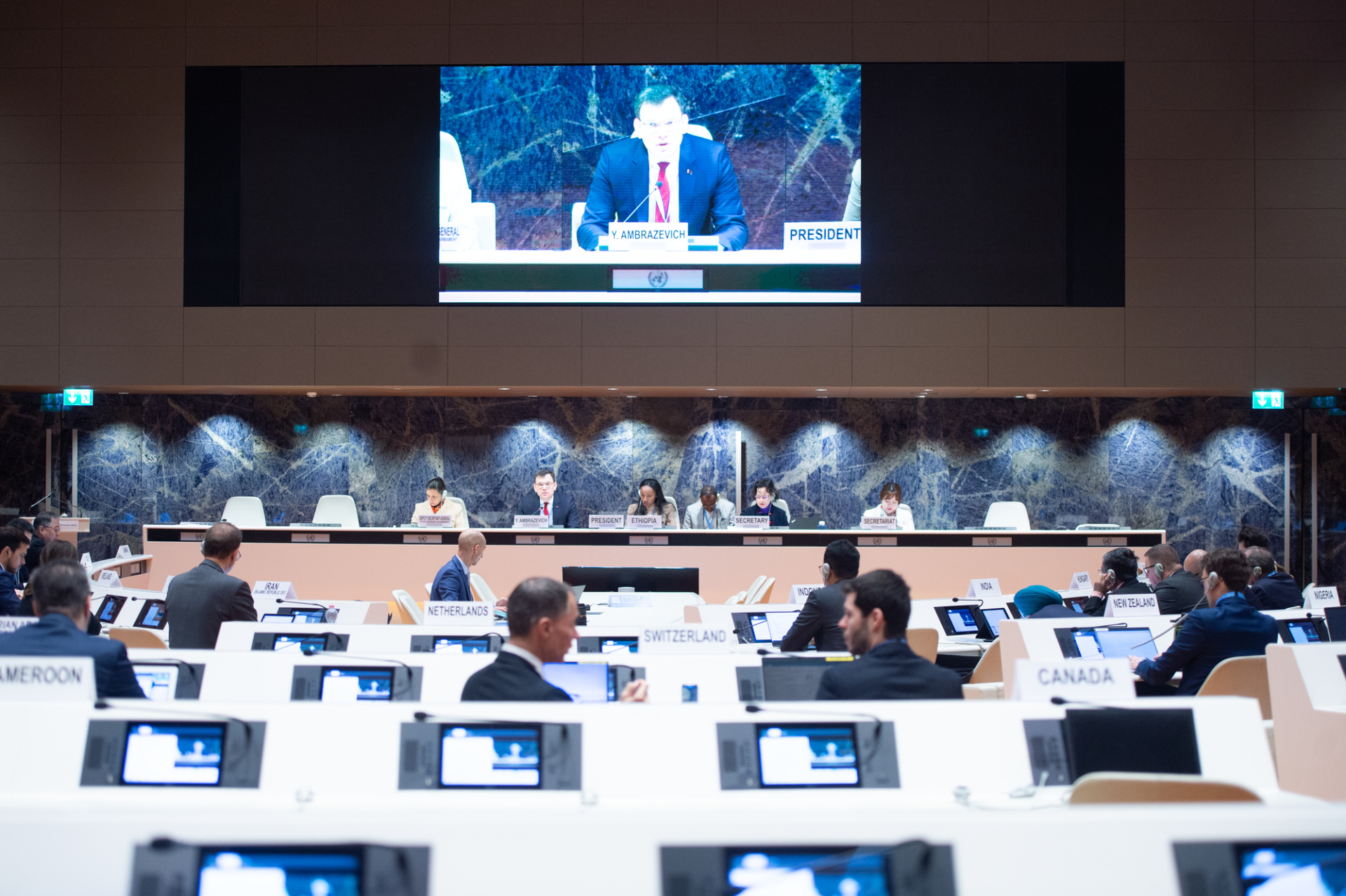
Женевские конвенции и договоры
Конвенция о противопехотных минах (APLC) — это договор, запрещающий по гуманитарным соображениям применение, разработку, производство, накопление, сохранение или передачу противопехотных мин. Таким образом, он направлен на то, чтобы положить конец страданиям и жертвам, вызванным противопехотными минами, которые ежегодно убивают или калечат тысячи невинных мирных жителей, препятствуют экономическому развитию и восстановлению, а также препятствуют репатриации беженцев и внутренне перемещенных лиц.
Конвенция о биологическом оружии (КБТО) , первый многосторонний договор о разоружении, запрещающий производство и использование целой категории оружия, стал результатом длительных усилий международного сообщества. Все заседания КБТО проводятся в Женеве и обслуживаются Группой поддержки осуществления КБТО в Женевском отделении Управления по вопросам разоружения.
Конвенция по кассетным боеприпасам была заключена Дублинской дипломатической конференцией в 2008 году. Задачи, выполняемые Генеральным секретарем ООН, предписаны Конвенцией и соответствующими резолюциями Генеральной Ассамблеи. К ним относятся сбор и распространение национальных отчетов о транспарентности, содействие разъяснению соблюдения; и созыв совещаний государств-участников и конференций по рассмотрению действия.
Конвенция о конкретных видах обычного оружия (КНО) является ключевым инструментом международного гуманитарного права и, с ее пятью протоколами, стремится запретить или ограничить использование определенных видов оружия, которые оказывают неизбирательное воздействие на гражданских лиц или вызывают ненужные страдания у комбатантов. С 2016 года Группа правительственных экспертов (ГПЭ) КНО изучает возможные проблемы, возникающие в связи с новыми технологиями в области летальных автономных систем оружия (ЛАСВ). Заседания КНО проводятся в Женеве и обслуживаются Группой поддержки имплементации КНО в Женевском отделении Управления по вопросам разоружения.
В области стрелкового оружия и легких вооружений (СОЛВ) и Договора о торговле оружием (ДТО) Женевский филиал обеспечивает связь как с Управлением по вопросам разоружения в Нью-Йорке, так и с базирующимися в Женеве неправительственными и международными организациями, а также представляет Управление на соответствующих совещаниях, проводимых в Женеве.
В Женевском отделении ООН также проводятся другие встречи, связанные с документами по разоружению, такие как сессии Консультативного совета по вопросам разоружения , Подготовительного комитета конференций по рассмотрению действия Договора о нераспространении ядерного оружия (ДНЯО) , экспертные группы и семинары.
Исследования по разоружению
Внутренняя база знаний ООН по вопросам разоружения в значительной степени сформирована базирующимся в Женеве Институтом ООН по исследованию проблем разоружения (ЮНИДИР):
- Как можно использовать ядерную энергию, одновременно снижая риск применения ядерного оружия?
- Какую роль играет искусственный интеллект в конфликтах и войнах, какую роль он потенциально может сыграть в разоружении?
- Какие последствия для безопасности возникают в связи с нашим растущим исследованием и использованием космоса?
Все эти вопросы решаются группой исследователей ЮНИДИР. Результаты публикуются и предоставляются государствам-членам и другим заинтересованным сторонам во время учебных сессий и всемирных конференций.

Свяжитесь с Управлением ООН по вопросам разоружения в Женеве
Организации, работающие в сфере разоружения
МАГАТЭ является мировым центром сотрудничества в ядерной области. Она была создана как всемирная организация «Атом во имя мира» в 1957 году в рамках системы Организации Объединенных Наций. Агентство работает со своими государствами-членами и многочисленными партнерами по всему миру для продвижения [...]
Межрегиональный научно-исследовательский институт Организации Объединенных Наций по вопросам преступности и правосудия (ЮНИКРИ) был создан в 1968 году в соответствии с резолюцией 1086 B (XXXIX) Экономического и Социального Совета от 1965 года, в которой содержится призыв к расширению деятельности [...]
Институт Организации Объединенных Наций по исследованиям в области разоружения (ЮНИДИР) — автономный институт в рамках Организации Объединенных Наций — проводит исследования в области разоружения и безопасности с целью оказания помощи международному сообществу в его разоруженческом мышлении [...]
Являясь специальным учебным подразделением системы Организации Объединенных Наций, Учебный и научно-исследовательский институт Организации Объединенных Наций (ЮНИТАР) предоставляет инновационные решения в области обучения отдельным лицам, организациям и учреждениям для улучшения глобального процесса [...]
ЮНМАС сотрудничает с 11 другими департаментами, агентствами, программами и фондами ООН для обеспечения эффективного, упреждающего и скоординированного реагирования на проблемы наземных мин и взрывоопасных пережитков войны, включая кассетные боеприпасы. ЮНМАС была создана в 1997 году, чтобы служить [...]
Женевское отделение Управления по вопросам разоружения помогает государствам-членам поддерживать их усилия в области разоружения, контроля над вооружениями и нераспространения, направленные на достижение цели всеобщего и полного разоружения под строгим и эффективным международным контролем.
Сектор [...]
Управление Организации Объединенных Наций по наркотикам и преступности (УНП ООН) призвано сделать мир более безопасным от наркотиков, организованной преступности, коррупции и терроризма. Организация привержена достижению здоровья, безопасности и справедливости для всех путем устранения этих угроз и [...]

